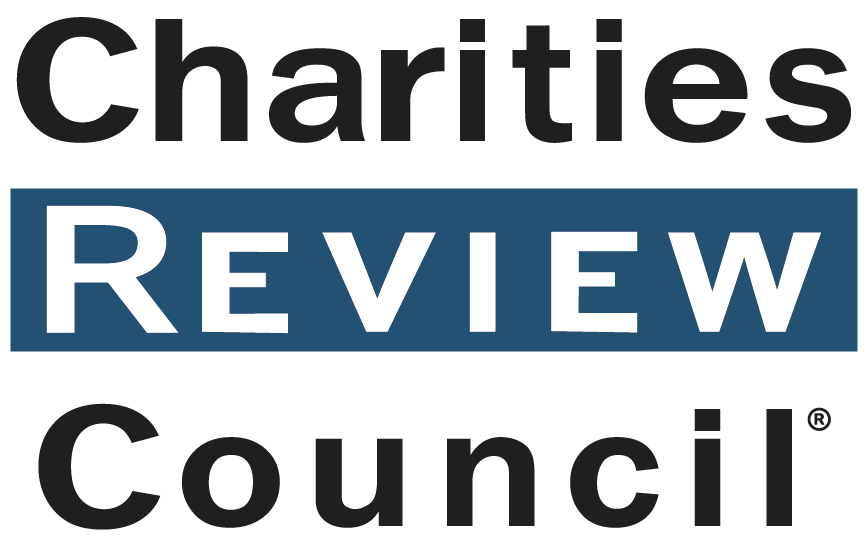In addition to answering the review questions, the Accountability Wizard® requires you to upload several documents. All documents, except the most recent Form 990 and financial audit (if applicable), are for internal use only and are not shared with anyone outside our organization.
Download Document Checklist (pdf)
- IRS Form 1023 or 1024
- IRS Letter of Exempt Status
- IRS Form 990, 990-EZ, or 990-N (and Form 990-T if applicable) for the three most recent years available
- Annual Report
- Audited Financial Statement (if applicable)
- Bylaws
- Board Meeting Minutes (for most recent fiscal year completed and year to date)
- Board Roster
- Current Operating Budget
- Conflict of Interest Policy
- Financial Report
- Whistleblower Policy
- Document Retention Policy
- Expense Reimbursement Policy
- Sample Solicitation Letters & Fundraising Materials
- Discontinue Contact Policy
- Donor Privacy Policy
- Professional Fundraiser Contracts (if applicable)
- Professional Fundraiser Registration with the Attorney General’s Office (if applicable)
- Professional Fundraiser Tele-Fundraising Scripts (if applicable)
- Cause-Related Marketing Materials (if applicable)
- Board Resolution (optional)
Required documents include:
IRS Form 1023 or 1024
Used to verify tax-exempt status and Public Information and Annual Reporting Standard.
Form 1023 is the application for exempt status as a 501(c)(3) and Form 1024 is the application for exempt status as a 501(c)(4) organization. Depending on your exempt status, either the 1023 or the 1024 is required to be available to the public upon request. This form is not required if exempt status was obtained before .
“Overview of Form 1023 e-Filing” video from the IRS
IRS Letter of Exempt Status
Used to verify tax-exempt status.
This is the letter your organization received from the IRS confirming your organization’s 501(c)(3) or 501(c)(4) status.
“Maintaining 501(c)(3) Tax Exempt Status” video from the IRS
IRS Form 990, 990-EZ, or 990-N (and Form 990-T if applicable) for the three most recent years available
Used to verify Public Disclosure and Financial Activity section Standards.
Your organization is legally required to file a 990 with the IRS. There are a few exceptions, so if your organization does not file a 990, 990-EZ, or 990-N, please contact the Council. The Form 990-T is for taxable income.
The Form 990 or 990-EZ will be made available to the public in the online review report.
Annual Report
Used to verify Annual Reporting Standard
The Standard requires your organization to share the following information with the public (in print or web format) annually:
- mission statement
- description of community/population and geographic area served
- description of major programs, activities, goals, and accomplishments
- cost of each major program
- income statement
- balance sheet
- use of funds
- list of board members and key staff
If your organization doesn’t currently have an annual report, one can be created during the review process.
Annual Report Checklist (pdf)
Audited Financial Statement (if applicable)
Used to verify Financial Transparency Standard.
An independently audited financial statement with an unqualified opinion is needed if required by state law or if your organization’s annual revenue exceeds $750,000. If your organization is not required to complete an audit, the review can be completed without one.
Bylaws
Used to verify Board Length of Service and Board Meetings Standards.
The Standards require that a quorum is present for at least four meetings per fiscal year, board term length is less than 5 years, and that term limits exist.
Board Meeting Minutes (for most recent fiscal year completed and year to date)
Used to verify Governance and Financial Activity section Standards.
Your organization can submit redacted minutes if it feels information in the minutes needs to be confidential. Our use is internal only.
Guide: Taking Nonprofit Board Meeting Minutes (pdf)
Board Roster
Used to verify Separation of Roles Standard.
The Standard requires that not more than one voting member is a paid staff person, no paid staff person serves as board chair, and no board member is simultaneously chair and treasurer.
Current Operating Budget
Used to verify Board Fiduciary Oversight Standard.
The Standard requires that an annual budget is approved by the board of directors within one month of the beginning of the fiscal year.
Conflict of Interest Policy
Used to verify Conflict of Interest Policy Standard.
The standard requires that the policy addresses both board and key staff, and includes a definition of a conflict, a disclosure and recusal process, a procedure for annual disclosure, and an annual disclosure form.
If your organization does not currently have a policy, one can be adopted during the review process.
Sample Conflict of Interest Policy (docx)
Financial Report
Used to verify Board Fiduciary Oversight Standard.
The Standard requires that the board of directors receives financial reports at least four times per year that compare actual to budgeted income and expense.
Sample Board Financial Report (pdf)
Whistleblower Policy
Used to verify Whistleblower Policy Standard.
The Standard requires that the policy include a procedure for reporting and investigating concerns, ensure confidentiality of reporters, and protect reporters from retaliation.
If your organization does not currently have a policy, one can be adopted during the review process.
Sample Whistleblower Policy (docx)
Document Retention Policy
Used to verify Document Retention Policy Standard.
The Standard requires that the policy provide clear timelines for the retention of key governing, legal, audit, and financial documents. We also recommend that the policy include a procedure for destroying documents once they reach the end of their retention period.
If your organization does not currently have a policy, one can be adopted during the review process.
Sample Document Retention Policy (docx)
Expense Reimbursement Policy
Used to verify the Expense Reimbursement Policy Standard.
The Standard requires that the policy include a definition of reasonable expenses, a process for documenting expenses, and a procedure for reimbursement.
If your organization does not currently have a policy, one can be adopted during the review process.
Sample Expense Reimbursement Policy (docx)
Sample Solicitation Letters & Fundraising Materials
Used to verify Fundraising Disclosures Standard.
Required if your organization sends out solicitation letters/fundraising materials to the public (or online). The Standard requires that solicitations include the name of your organization, address/phone number, purpose/program for which the funds will be used, and declaration of the tax deductibility of a contribution.
Discontinue Contact Policy
Used to verify Donor Privacy Standard.
The Standard requires that the policy state that upon a person’s “written or oral request” to the charity, its professional fundraiser, or other agent, contact will be discontinued.
If your organization does not currently have a policy, one can be adopted during the review process.
Sample Discontinue Contact Policy (docx)
Donor Privacy Policy
Used to verify Donor Privacy Standard.
The Standard requires that the policy describe how donor information is collected and used, and allows donors to opt out of having his/her private information shared or made public.
If your organization does not currently have a policy, one can be adopted during the review process.
Guidelines for Creating a Donor Privacy Policy (pdf)
Professional Fundraiser Contracts (if applicable)
Used to verify Soliciting Practices Standard.
Only required if your organization is engaging the services of a professional fundraiser (non-staff contracted to assist with fundraising efforts, includes grant writers). Used to verify that contract exists.
Professional Fundraiser Registration with the Attorney General’s Office (if applicable)
Used to verify Soliciting Practices Standard.
Only required if your organization is engaging the services of a professional fundraiser (non-staff contracted to assist with fundraising efforts, includes grant writers). Used to verify that the professional fundraiser is registered as required.
Professional Fundraiser Tele-Fundraising Scripts (if applicable)
Used to verify Soliciting Practices Standard.
Only required if your organization is engaging the services of a professional fundraiser in its telephone fundraising appeals. Used to verify that the solicitor identifies him/herself as a professional fundraiser, provides the name and address of the charitable organization, gives a description of the program for which the contribution will be used, and declares the tax-deductibility of a contribution.
Cause-Related Marketing Materials (if applicable)
Used to verify Soliciting Practices Standard.
Only required if your organization engages in cause-related marketing. Used to verify that materials clearly communicate the amount passed on to the organization from the for-profit partner.
Board Resolution (optional)
Resolution signed by the Board acknowledging its adherence to the Accountability Standards®.

